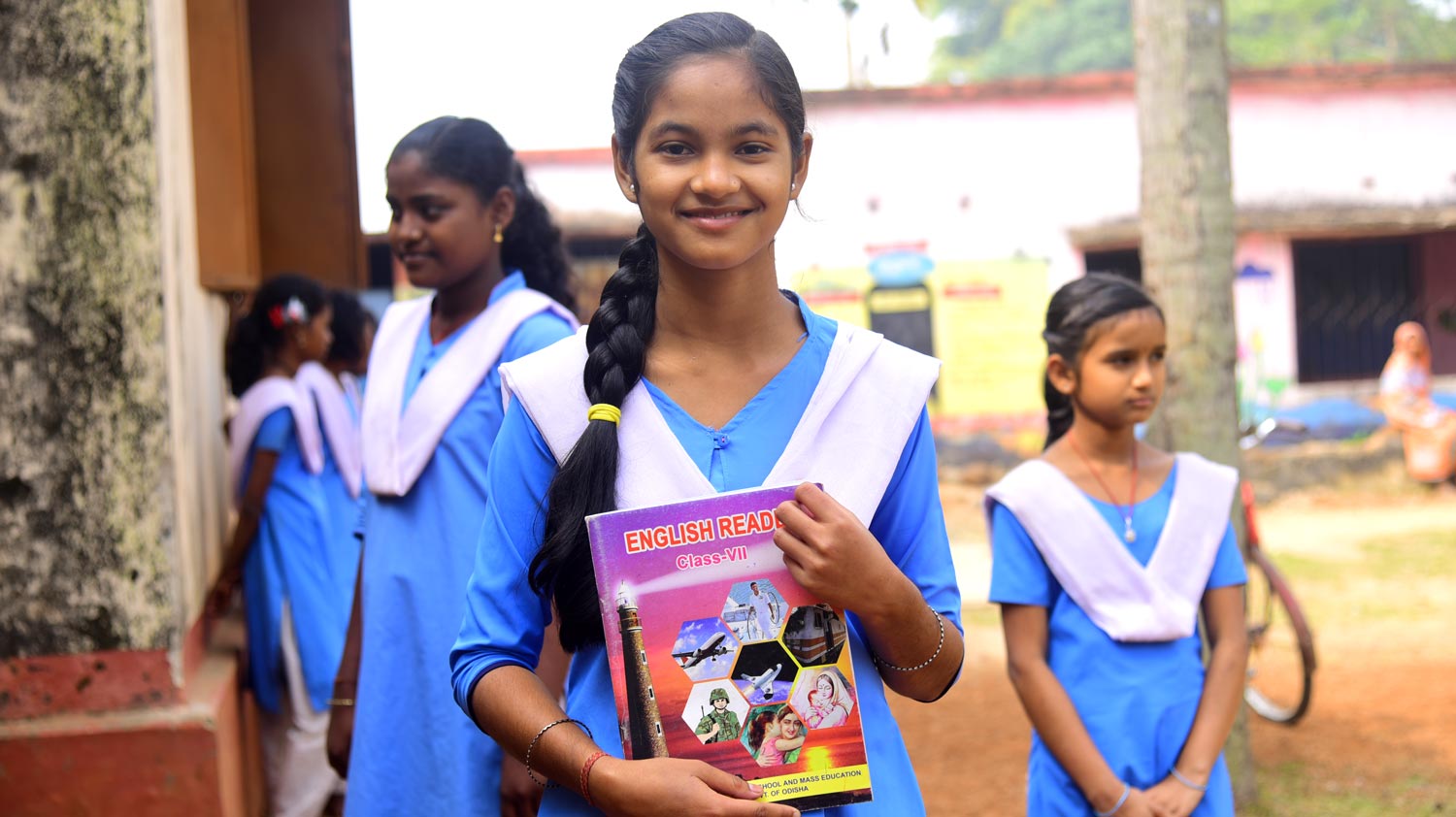Awareness programs are conducted with boys and girls on topics such as health, hygiene, nutrition, mental health, life skills, leadership, gender, the Indian constitution, citizenship, their rights and duties, panchayat and its roles and other areas relevant to them. Special sessions are held with adolescent girls to help dismantle barriers and myths around menstrual hygiene, to enable them to deal with gender stereotypes and prejudices, discuss issues of child marriage, child labour, and importance of educating girls. Anganwadi staff also assists in this process by ensuring counseling for girls and providing food and nutrition.


